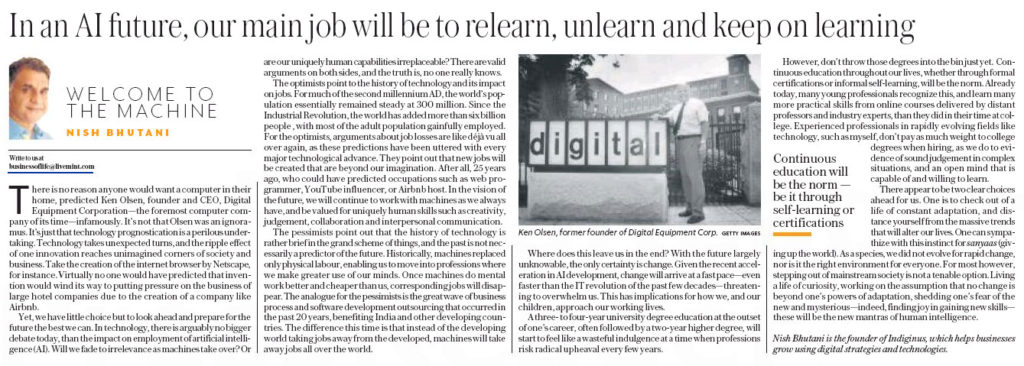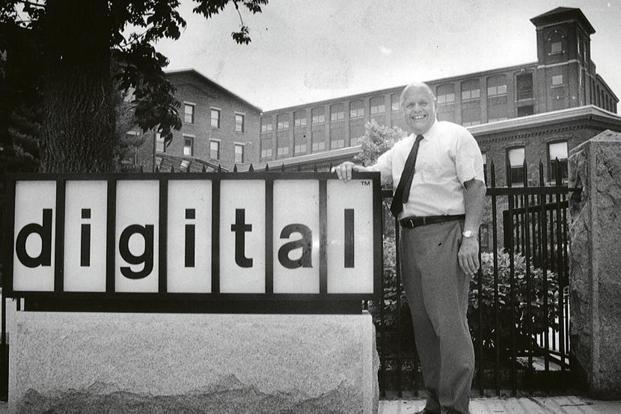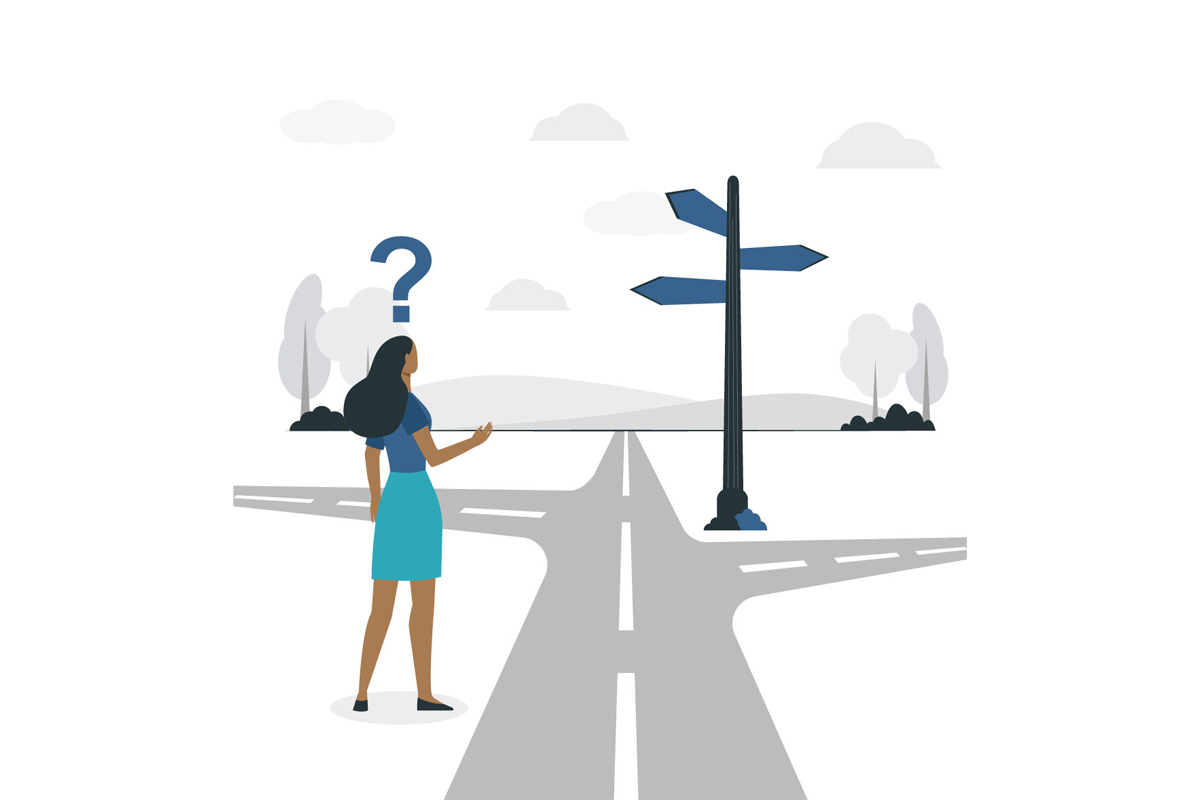Picture Credit: httpss://www.livemint.com/
Continuous education will be the norm — be it through self-learning or certifications
By Nish Bhutani, Founder & CEO – Indiginus
As published in the Mint on November 06, 2018

There is no reason anyone would want a computer in their home, predicted Ken Olsen, founder and CEO, Digital Equipment Corporation—the foremost computer company of its time—infamously. It’s not that Olsen was an ignoramus. It’s just that technology prognostication is a perilous undertaking. Technology takes unexpected turns, and the ripple effect of one innovation reaches unimagined corners of society and business. Take the creation of the internet browser by Netscape, for instance. Virtually no one would have predicted that invention would wind its way to putting pressure on the business of large hotel companies due to the creation of a company like Airbnb.
Yet, we have little choice but to look ahead and prepare for the future the best we can. In technology, there is arguably no bigger debate today, than the impact on employment of artificial intelligence (AI). Will we fade to irrelevance as machines take over? Or are our uniquely human capabilities irreplaceable? There are valid arguments on both sides, and the truth is, no one really knows.
The optimists point to the history of technology and its impact on jobs. For much of the second millennium AD, the world’s population essentially remained steady at 300 million. Since the Industrial Revolution, the world has added more than six billion people , with most of the adult population gainfully employed. For the optimists, arguments about job losses are like déjà vu all over again, as these predictions have been uttered with every major technological advance. They point out that new jobs will be created that are beyond our imagination. After all, 25 years ago, who could have predicted occupations such as web programmer, YouTube influencer, or Airbnb host. In the vision of the future, we will continue to work with machines as we always have, and be valued for uniquely human skills such as creativity, judgement, collaboration and interpersonal communication.
The pessimists point out that the history of technology is rather brief in the grand scheme of things, and the past is not necessarily a predictor of the future. Historically, machines replaced only physical labour, enabling us to move into professions where we make greater use of our minds. Once machines do mental work better and cheaper than us, corresponding jobs will disappear. The analogue for the pessimists is the great wave of business process and software development outsourcing that occurred in the past 20 years, benefiting India and other developing countries. The difference this time is that instead of the developing world taking jobs away from the developed, machines will take away jobs all over the world.
Where does this leave us in the end? With the future largely unknowable, the only certainty is change. Given the recent acceleration in AI development, change will arrive at a fast pace—even faster than the IT revolution of the past few decades—threatening to overwhelm us. This has implications for how we, and our children, approach our working lives.
A three- to four-year university degree education at the outset of one’s career, often followed by a two-year higher degree, will start to feel like a wasteful indulgence at a time when professions risk radical upheaval every few years.
However, don’t throw those degrees into the bin just yet. Continuous education throughout our lives, whether through formal certifications or informal self-learning, will be the norm. Already today, many young professionals recognize this, and learn many more practical skills from online courses delivered by distant professors and industry experts, than they did in their time at college. Experienced professionals in rapidly evolving fields like technology, such as myself, don’t pay as much weight to college degrees when hiring, as we do to evidence of sound judgement in complex situations, and an open mind that is capable of and willing to learn.
There appear to be two clear choices ahead for us. One is to check out of a life of constant adaptation, and distance yourself from the massive trends that will alter our lives. One can sympathize with this instinct for sanyaas (giving up the world). As a species, we did not evolve for rapid change, nor is it the right environment for everyone. For most however, stepping out of mainstream society is not a tenable option. Living a life of curiosity, working on the assumption that no change is beyond one’s powers of adaptation, shedding one’s fear of the new and mysterious—indeed, finding joy in gaining new skills—these will be the new mantras of human intelligence.




